Filter by

A robot ping-pong player :experiment in real-time intelligent control
This tour de force in experimental robotics paves the way toward understanding dynamic environments in vision and robotics. It describes the first robot able to play, and even beat, human ping-pong players.Constructing a machine to play ping-pong was proposed years ago as a particularly difficult problem requiring fast, accurate sensing and actuation, and the intelligence to play the game. The …
- Edition
- -
- ISBN/ISSN
- 9780262255615
- Collation
- 1 online resource (xiii, 275 pages) :illustrations.
- Series Title
- -
- Call Number
- -
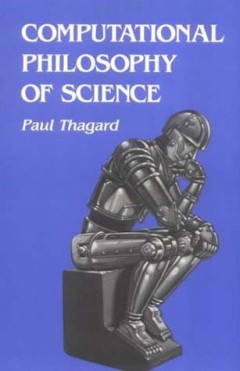
Computational Philosophy of Science
"A Bradford book."By applying research in artificial intelligence to problems in the philosophy of science, Paul Thagard develops an exciting new approach to the study of scientific reasoning. This approach uses computational ideas to shed light on how scientific theories are discovered, evaluated, and used in explanations. Thagard describes a detailed computational model of problem solving and…
- Edition
- -
- ISBN/ISSN
- 9780262284837
- Collation
- 1 online resource (xiv, 240 pages) :illustrations
- Series Title
- -
- Call Number
- -
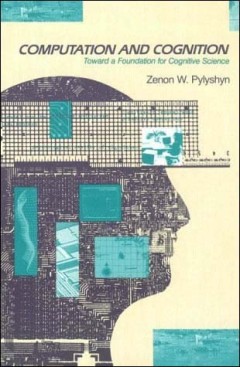
Computation and Cognition: Toward a Foundation for Cognitive Science
The question, "What is Cognitive Science?" is often asked but seldom answered to anyone's satisfaction. Until now, most of the answers have come from the new breed of philosophers of mind. This book, however, is written by a distinguished psychologist and computer scientist who is well-known for his work on the conceptual foundations of cognitive science, and especially for his research on ment…
- Edition
- -
- ISBN/ISSN
- 9780262281997
- Collation
- 1 online resource (xxiii, 292 pages) :illustrations
- Series Title
- -
- Call Number
- -
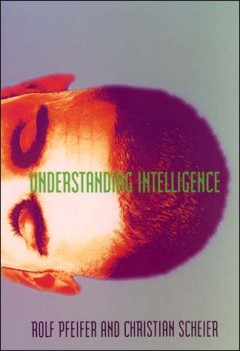
Understanding Intelligence
Researchers now agree that intelligence always manifests itself in behavior - thus it is behavior that we must understand. An exciting new field has grown around the study of behavior-based intelligence, also known as embodied cognitive science, "new AI," and "behavior-based AI."" "Rolf Pfeifer and Christian Scheier provide a systematic introduction to this new way of thinking about intelligenc…
- Edition
- -
- ISBN/ISSN
- 9780262256797
- Collation
- 1 online resource (xx, 697 pages) :illustrations
- Series Title
- -
- Call Number
- -
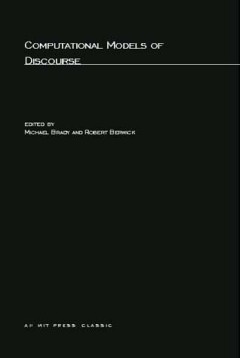
Computational Models of Discourse
AnnotationOCLC-licensed vendor bibliographic record.
- Edition
- -
- ISBN/ISSN
- 9780262255806
- Collation
- 1 online resource (xxiii, 403 pages) :illustrations.
- Series Title
- -
- Call Number
- -
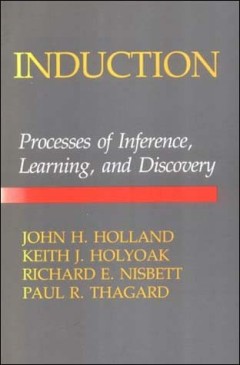
Induction : processes of inference, learning, and discovery
Includes appendix 12A: a walking tour of the computational ideas underlying classifier systems.Two psychologists, a computer scientist, and a philosopher have collaborated to present a framework for understanding processes of inductive reasoning and learning in organisms and machines. Theirs is the first major effort to bring the ideas of several disciplines to bear on a subject that has been a…
- Edition
- -
- ISBN/ISSN
- 0262081601
- Collation
- 1 online resource (xvi, 398 pages) : illustrations.
- Series Title
- -
- Call Number
- 100 HOL i
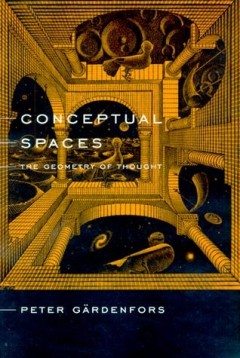
Conceptual Spaces: The Geometry of Thought
Within cognitive science, two approaches currently dominate the problem of modeling representations. The symbolic approach views cognition as computation involving symbolic manipulation. Connectionism, a special case of associationism, models associations using artificial neuron networks. Peter Gärdenfors offers his theory of conceptual representations as a bridge between the symbolic and conn…
- Edition
- -
- ISBN/ISSN
- 9780262273558
- Collation
- 1 online resource (x, 307 pages) :illustrations
- Series Title
- -
- Call Number
- -
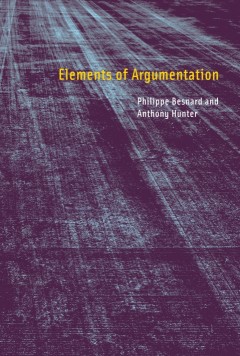
Elements of argumentation
Here the authors introduce techniques for formalizing deductive argumentation in artificial intelligence, emphasising emerging formalizations for practical argumentation. They discuss how arguments can be constructed, how key intrinsic and extrinsic factors can be identified, and how these analyses can be harnessed in the real world.OCLC-licensed vendor bibliographic record.
- Edition
- -
- ISBN/ISSN
- 9780262268400
- Collation
- 1 online resource (298 pages)
- Series Title
- -
- Call Number
- -
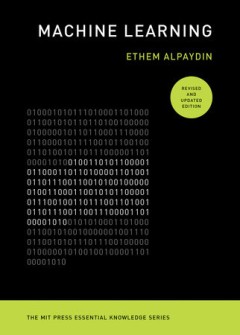
Machine Learning (Revised And Updated Edition)
"An updated introduction for generalists to this powerful technology, its applications and possible future directions"--OCLC-licensed vendor bibliographic record.
- Edition
- Revised and updated edition.
- ISBN/ISSN
- 9780262365369
- Collation
- 1 online resource.
- Series Title
- -
- Call Number
- -
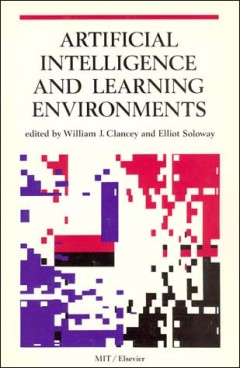
Artificial intelligence and learning environments
"A Bradford book.""Reprinted from Artificial intelligence: an international journal, volume 42, number 1, 1990"--Title page verso.New perspectives and techniques are shaping the field of computer-aided instruction. These essays explore cognitively oriented empirical trials that use AI programming as a modeling methodology and that can provide valuable insight into a variety of learning problems…
- Edition
- 1st MIT Press ed.
- ISBN/ISSN
- 9780262288514
- Collation
- 1 online resource (162 pages) :illustrations.
- Series Title
- -
- Call Number
- -
 Computer Science, Information & General Works
Computer Science, Information & General Works  Philosophy & Psychology
Philosophy & Psychology  Religion
Religion  Social Sciences
Social Sciences  Language
Language  Pure Science
Pure Science  Applied Sciences
Applied Sciences  Art & Recreation
Art & Recreation  Literature
Literature  History & Geography
History & Geography